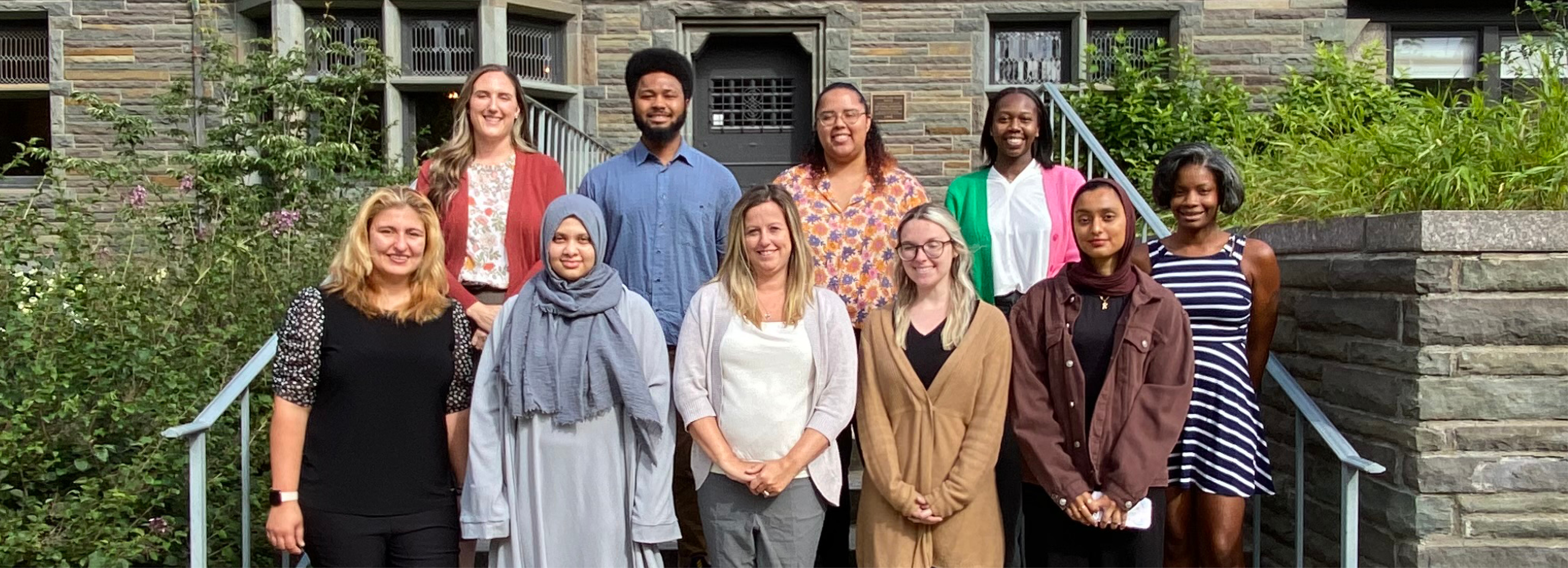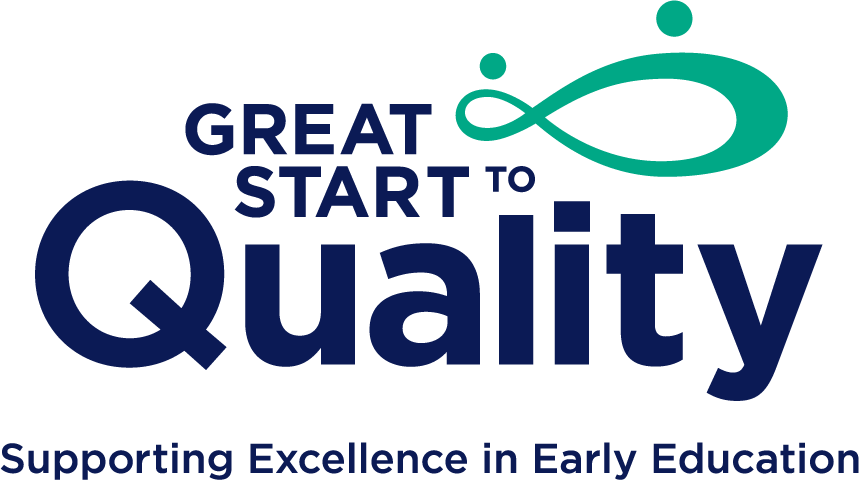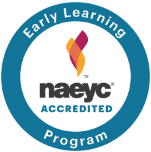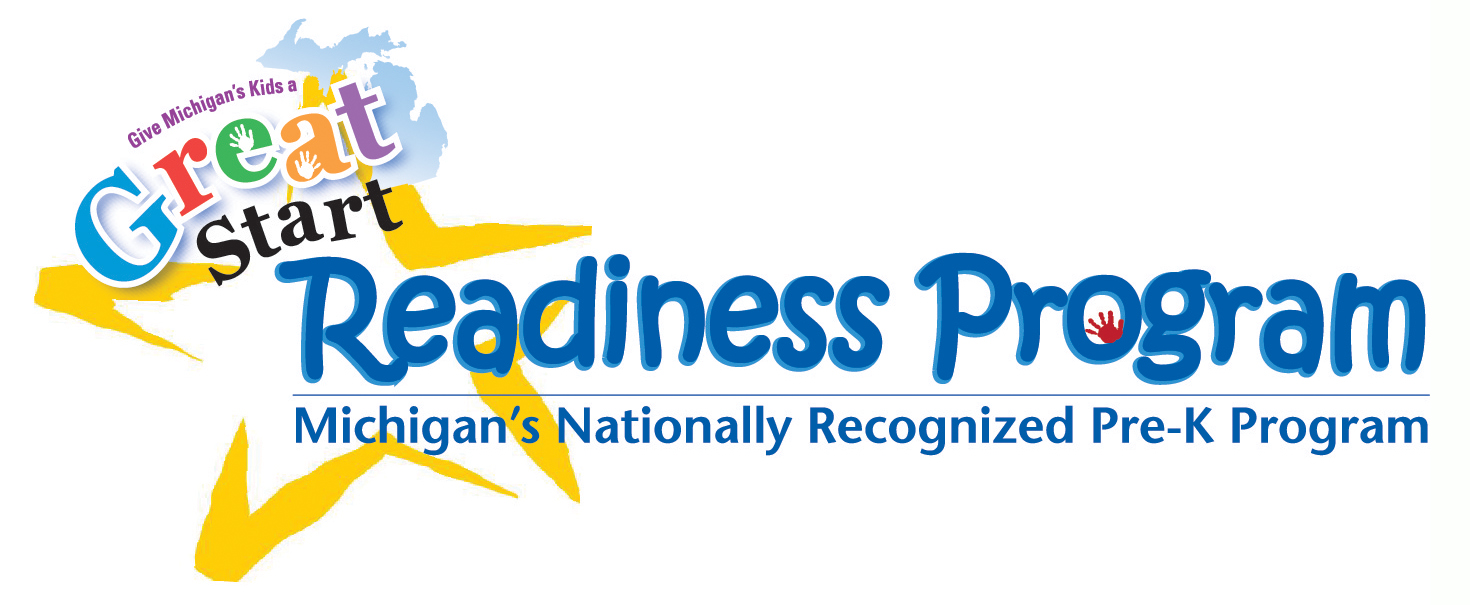About
2024-2025 FLYER For more information about our early childhood center call (313) 664-2533.
Philosophy
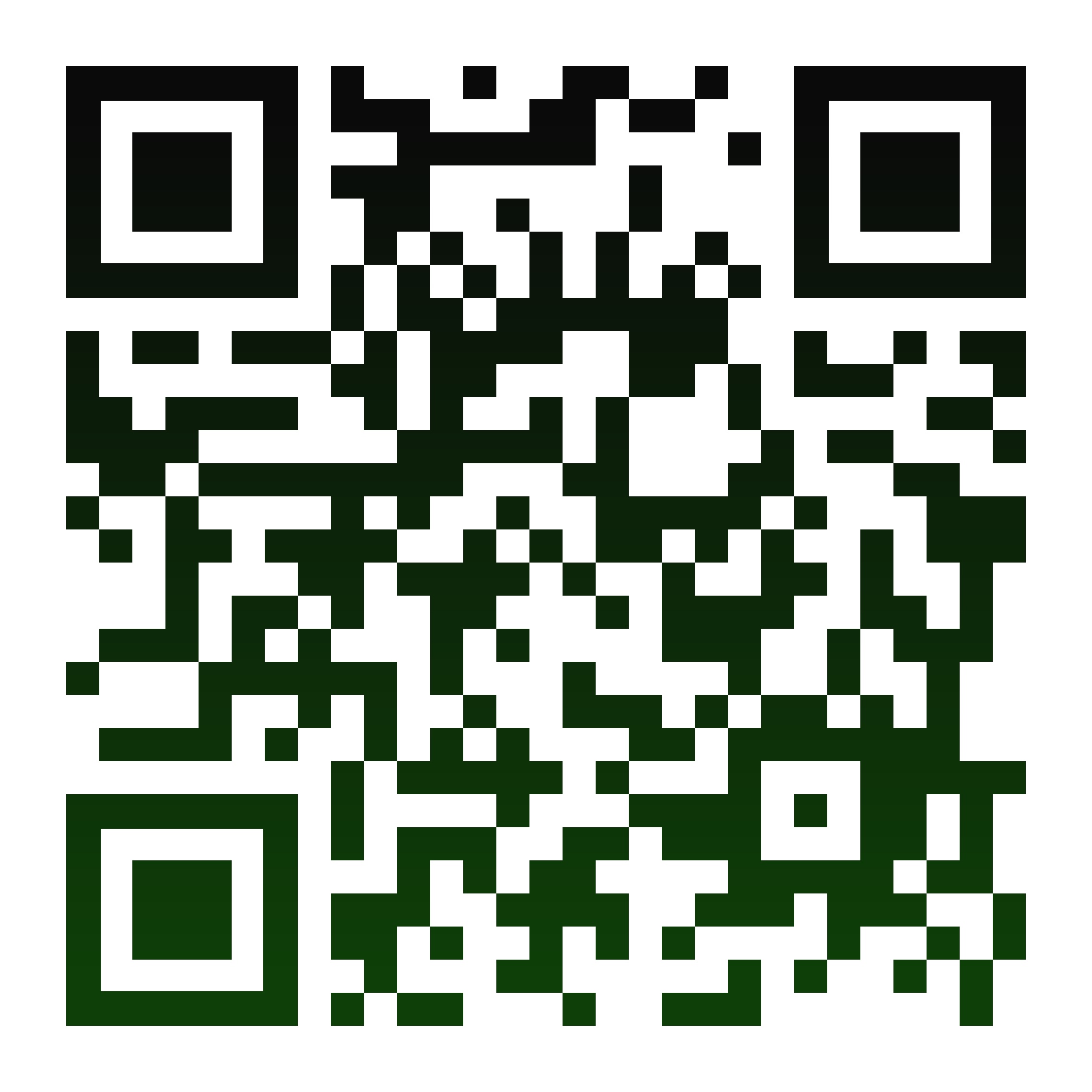
Both Early Childhood Centers on Wayne State University's campus share an educational philosophy based on standards established by the National Association for the Education of Young Children, knowledge of child development, theories of child behavior, and acceptable best practices for educating young children. Main components of the program are:
- Understanding children's play and the teacher's role in guiding and facilitating cognitive, social, emotional, and physical development through play.
- Building relationships with children and families through dialogue, understanding, and interactive experiences.
- Encouraging children to make decisions while learning and to understand how their decisions affect others.
- Children are guided through teacher-planned, child-guided activities based on children's interests. These activities enhance children's skills in all areas of development.
We believe:
- All children have the right to be accepted, respected, and embraced as competent (Edwards, Gandini, & Forman, 1998).
- Children are continuous learners and learn best within the context of family, culture, and community (Bredekamp & Copple, 1997).
- Children construct knowledge by active participation with real materials and the environment (DeVries,1994).
- Play is essential in developing the cognitive skills of children (Smilansky, 1990).
- Focus on development of the "whole child" promotes social, emotional, cognitive, and physical development (Hendrick, 2001).
- Assessment of children should be on-going, reflective of children's experiences, and occur within the context of daily classroom activities. (Bredekamp & Rosegrant, 1992).
- Children's family/cultural backgrounds broaden the curriculum for all children (Bredekamp & Copple, 1997).
- Collaboration between families and teachers supports the development of the child and home-school relationships (Bredekamp & Copple, 1997).
- Continuous professional development of teaching staff promotes program quality (High Scope, 1998).
The classroom is an extension of the program's philosophy. Our goal is to provide an environment that is safe, accessible, interesting, child-centered, and reflective of diversity. The adults in this environment reflect the philosophy of the program. They provide nurturance, guidance, and experiences to maximize children's total development.
